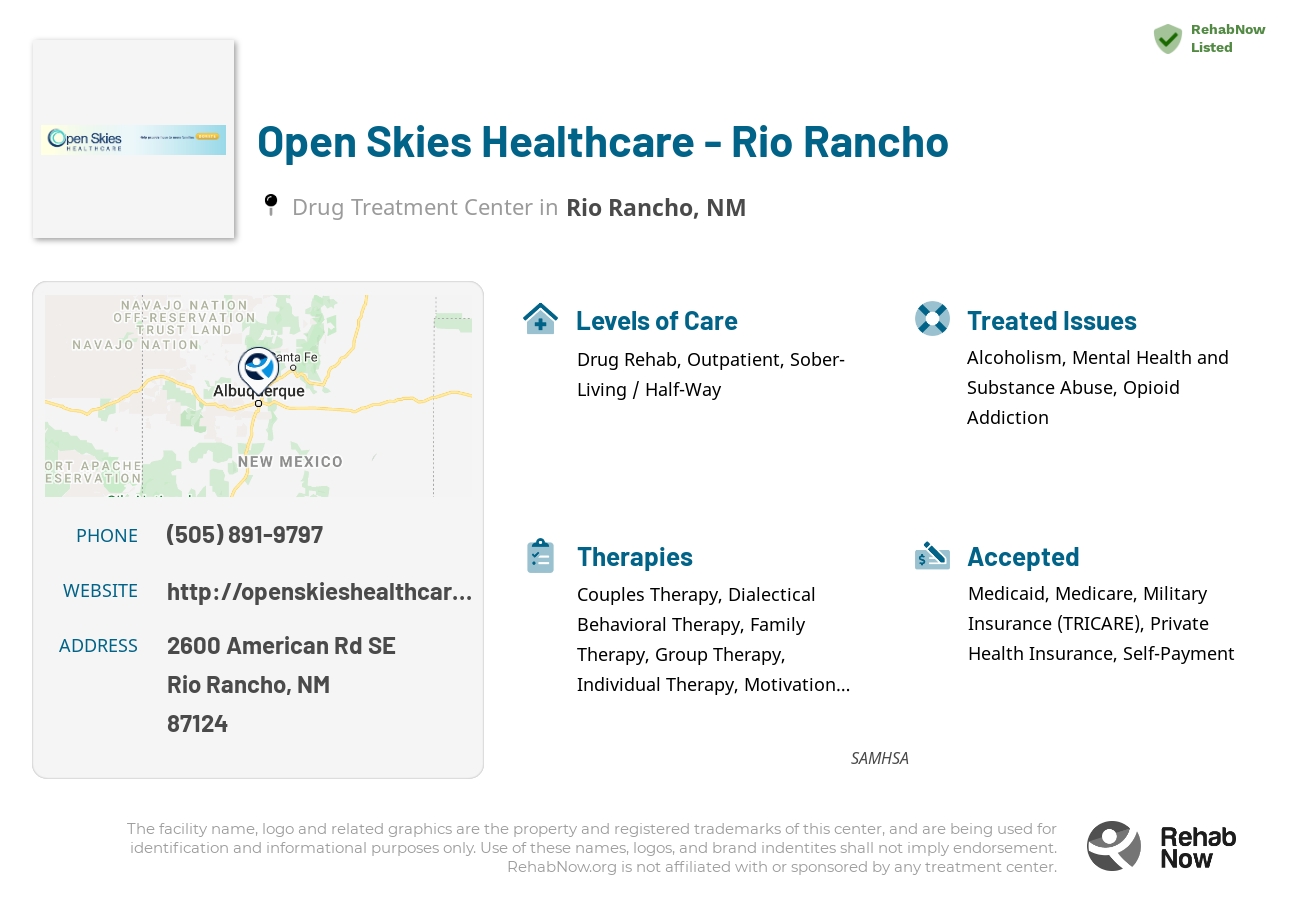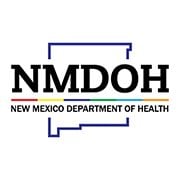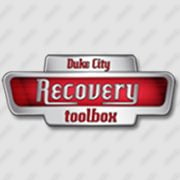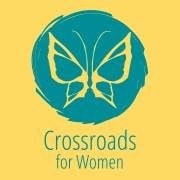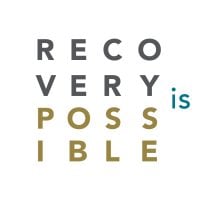Open Skies Healthcare - Rio Rancho
Drug Rehab Center in Rio Rancho, New Mexico
Open Skies Healthcare - Rio Rancho, located in Rio Rancho, New Mexico, offers comprehensive addiction treatment services including assessments, personalized treatment plans, residential in-patient treatment, detoxification, counseling, and family therapy, with a focus on evidence-based approaches and maintaining sobriety.
About Open Skies Healthcare - Rio Rancho in New Mexico
Open Skies Healthcare in Rio Rancho, New Mexico, offers a comprehensive approach to overcoming substance abuse and behavioral health issues for both adults and children. Their use of community-based services and a variety of evidence-based techniques sets them apart in their mission to help New Mexicans reach their highest potential.
- Individualized Treatment Plans: Tailored to meet each person's unique needs using evidence-based practices such as Moral Reconation Therapy and the Matrix Model.
- Wide Range of Therapies: Offers Cognitive Behavioral Therapy, Dialectical Behavioral Therapy, and more, catering to a diverse set of needs and preferences.
- Support for Families: In addition to individual therapy, Open Skies Healthcare provides family and couples therapy, recognizing the importance of a supportive environment in the recovery process.
Open Skies Healthcare - Rio Rancho is accredited by the Joint Commission on Accreditation of Healthcare Organizations (JCAHO) and licensed by the New Mexico Department of Health. Their commitment to excellence is further demonstrated by national recognition and awards, ensuring high-quality care for their clients.
The facility addresses a variety of addictions and issues, including mental health and substance abuse, through methods like Moral Reconation Therapy, the Matrix Model, and Motivational Interviewing. They offer levels of care that range from individual, group, and family therapy to more intensive treatments for those in need.
Genders
Ages
Modality
Additional
Accreditations
SAMHSA
Conditions and Issues Treated
Opioid addiction has become a significant health problem in the United States. In 2015, there were 91 opioid overdose-related deaths per day, with a substantial increase in mortality rate in 2014.
When opioid addiction has reached a point where a person’s life becomes unmanageable, treatment options are available to help them get sober. Treatment that includes medical care with medications and counseling can help a user transition into sobriety.
Levels of Care Offered
This center offers a variety of custom treatment tailored to individual recovery. Currently available are Drug Rehab, Outpatient, Residential, Sober-Living / Half-Way, with additional therapies available as listed below.
Outpatient treatment is often used for drug addicts in drug rehab. Outpatient treatment consists of counseling and therapy sessions. This form of treatment is also called ‘day-treatment’. The outpatient treatment process begins with the addict’s initial detox period, lasting about ten days.
Outpatient treatment is used for those who are at moderate risk for ‘slipping back’ into the addiction, for those who:
- Are not currently experiencing any side effects from withdrawal and can handle social pressure
- Can handle stressors that might trigger relapse
- Have a stable living environment or have moved out of their previous environment, which was not conducive to being sober
- Have a support system that allows them to go to a facility a few times a week while still keeping their current responsibilities
- Have no legal obligations, being either on parole or probation, that require them to seek treatment at a mandatory facility
- Are not currently experiencing any side effects from withdrawal and can handle social pressure
- Have a stable living environment or have moved out of their previous environment, which was not conducive to being sober
Sober living homes, also known as halfway houses, provide recovering people with a structured drug-free environment to live in that bridges inpatient rehab and the much less structured world of outpatient rehab. Sober living homes offer a person early in recovery the opportunity to practice recovery skills in a safe environment.
The atmosphere in sober living homes is less restrictive than in an inpatient facility. Members have to follow many rules, including not drinking and using drugs and paying rent and bills. There is no limit to the period of stay. As long as you stay, you should follow the rules because it’s the opportunity for individual and group sobriety.
Residential treatment programs are those that offer housing and meals in addition to substance abuse treatment. Rehab facilities that offer residential treatment allow patients to focus solely on recovery, in an environment totally separate from their lives. Some rehab centers specialize in short-term residential treatment (a few days to a week or two), while others solely provide treatment on a long-term basis (several weeks to months). Some offer both, and tailor treatment to the patient’s individual requirements.
Therapies & Programs
Because no single treatment is effective for all addicts, the goal of treatment and therapy should be to figure out what works best for each individual. Tolerance and withdrawal levels differ from person to person, affecting the treatment intensity required. Addiction treatment should aim to help addicts develop healthy coping mechanisms for dealing with their addiction and its underlying causes.
Couples therapy works with clients and significant others in a professional capacity to improve relationship dynamics. This can be helpful for addicts who are trying to marry the idea of recovery into their work, family, social lives – any aspect that has to do with relationships. Through counseling sessions, addicts will have an opportunity to talk about their addiction with professional partners.
Family therapy is beneficial for people who are in addiction treatment services because it offers addicts the opportunity to work with their family members to better understand what led them to make choices that contributed to their addiction.
This type of therapy helps family members reach a deeper understanding of how they can best support their loved one during recovery. It also helps the addict better understand their own motivations and triggers that led them to turn to substance abuse.
Family therapy can help addicts in the following ways:
- Assists family members in processing difficult feelings so they don’t blame or resent recovering addicts
- Assists family members in understanding how addiction has impacted the addict and everyone who is involved with them
- Allows the addict to take responsibility for their actions, while encouraging improved communication skills
- Helps family members understand how to best support an individual in recovery so addicts don’t relapse again.
Group therapy can help build a stronger support system and give addicts in Rio Rancho, NM insight into their addiction that they gain through shared conversations. Group therapy occurs in a controlled group environment, exclusive of one on one meetings. This makes it safer for patients to feel comfortable sharing the struggles they’re going through and gaining perspective.
Trauma therapy is beneficial for people who are recovering from drug addiction because it helps them heal from past traumas that may have caused them to turn to harmful substances or led them to experience negative emotions that contributed to their destructive behaviors.
This type of treatment works by processing difficult experiences so individuals can learn how to process these events without having to turn to substances for coping.
Trauma therapy can help addicts in the following ways:
- Helps individuals understand their experiences and emotional responses to difficult events, including why they turned to drugs or alcohol
- Provides them with comfort and support while working through difficult emotions related to these traumatic experiences
- Offers an opportunity for addicts to have a voice and be heard, which can improve their self-esteem
- Can help them develop coping skills so they can better respond to triggers instead of turning to substance abuse.
Dialectical Behavior Therapy (DBT) is a cognitive-behavioral therapy that helps patients understand the relationship between their thoughts, feelings, and behaviors. It is beneficial for those whose addictions and behaviors stem from severe mental health issues. The term “Dialectic” means the integration of opposites. In substance abuse, DBT refers to accepting the patient’s addiction and working to change their thoughts and behavior. It improves life skills such as controlling intense emotions without reacting impulsively, resolving interpersonal conflicts effectively, and promoting awareness about self and others.
Cognitive-behavioral therapy is a technique that is used to help people with addiction. Specifically, it is a way of identifying thoughts and behaviors that cause the addiction. It is typically used in an individual counseling session.
The content explains cognitive behavioral therapy and how it works to address some behaviors that may be leading to unintended consequences in their life, as well as its benefits for those seeking sobriety.
It works by helping people to talk through their issues and addressing the thoughts that cause said behaviors. It is an excellent way of learning about oneself and one’s perception of the world.
Payment Options Accepted
For specific insurance or payment methods please contact us.
Is your insurance accepted?
Ask an expert, call (888) 674-0062
Open Skies Healthcare Associated Centers
Discover treatment facilities under the same provider.
- Open Skies Healthcare - Los Lunas in Los Lunas, NM
- Open Skies Healthcare - Albuquerque in Albuquerque, NM
- Open Skies Healthcare - Albuquerque in Albuquerque, NM
- Open Skies Healthcare - Grants in Grants, NM
Learn More About Open Skies Healthcare Centers
Additional Details
Specifics, location, and helpful extra information.
Rio Rancho, New Mexico 87124 Phone Number(505) 891-9797 Meta DetailsUpdated April 15, 2024
Staff Verified
Open Skies Healthcare - Rio Rancho Patient Reviews
There are no reviews yet. Be the first one to write one.
Rio Rancho, New Mexico Addiction Information
New Mexico has been one of the leading states in the nation when it comes to drug and alcohol use, abuse, and addiction. Opioids are responsible for over 60% of all drug-related overdoses in New Mexico. Alcohol-related deaths in New Mexico are the highest in the nation and almost twice the national average since 2000.
In 2015, there were 207 drug-related arrests in Rio Rancho, New Mexico. 11.4 percent of Rio Rancho residents aged 12 or older reported using illicit drugs recently. Many families in Rio Rancho are affected by drug addiction and abuse, costing the community millions of dollars each year. Common options in Rio Rancho include inpatient and outpatient rehab, 12-step programs, and residential treatment.
Treatment in Nearby Cities
- Mescalero, NM (151.0 mi.)
- Raton, NM (170.5 mi.)
- Santa Clara, NM (188.9 mi.)
- Silver City, NM (192.9 mi.)
- Taos, NM (102.6 mi.)
Centers near Open Skies Healthcare - Rio Rancho
The facility name, logo and brand are the property and registered trademarks of Open Skies Healthcare - Rio Rancho, and are being used for identification and informational purposes only. Use of these names, logos and brands shall not imply endorsement. RehabNow.org is not affiliated with or sponsored by Open Skies Healthcare - Rio Rancho.



